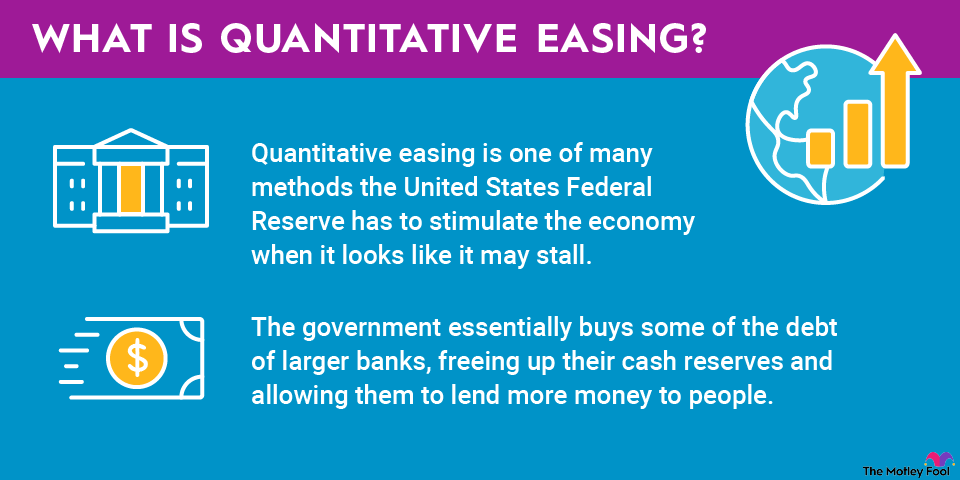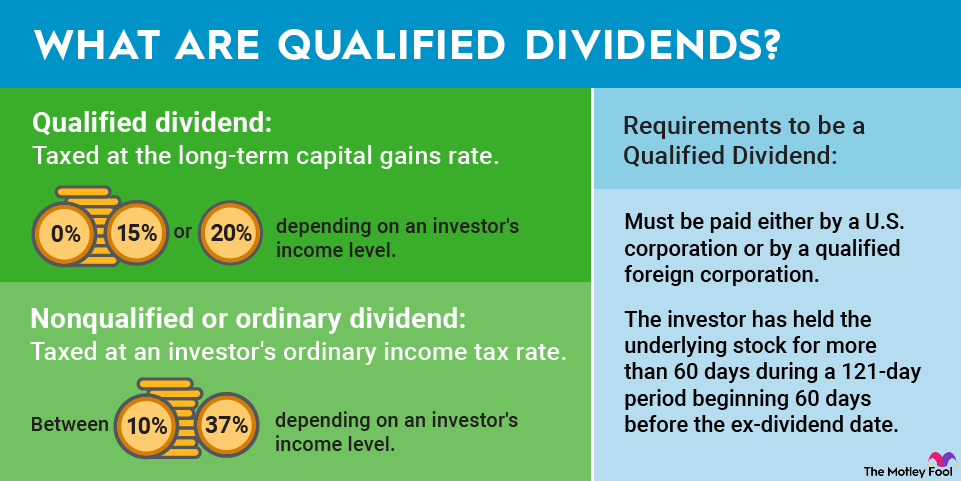A quorum is a simple concept. Basically, it's the smallest number of people required to conduct official business. Read here to learn more about a quorum -- why they're created, how they function, and how they can potentially affect investors.

What is a quorum?
A quorum is the minimum number of people needed to conduct official business for an organization. Quorums are generally spelled out in an organization's bylaws, and they usually adhere to requirements set out by Robert's Rules of Order, a set of guidelines that spell out procedures for orderly meetings and decision-making.
A quorum usually consists of a simple majority of board members. However, the number can change depending on the size of the board. For example, The Nature Conservancy only requires one-third of its board to be present for official business to be conducted.
Quorums also aren't necessarily fixed; bylaws can be amended to adjust the size of a quorum when a few members accumulate too much power, when an organization is growing, or when the needs of an organization change and the number of directors expands or shrinks.
Importance of a quorum
Quorums are designed to prevent a minority of organization members from having too much influence over policies. Establishing a quorum, however, can be difficult since it often involves balancing flexibility with legitimacy. Many organizations resolve the issue by requiring a simple majority of board members to be present for a meeting.
When quorums aren't present, organizations generally resort to one of four remedies:
- Adjust the meeting schedule. The meeting can be rescheduled to allow for a quorum, either moving it to another day or scheduling it for later in the day.
- Take a recess. If a member or members have to leave for personal or business reasons, a meeting can be paused until a quorum is available.
- Adjourn the meeting. The meeting can be adjourned, and any pending business can be pushed back to a later date when a quorum is present.
- Enact a privileged motion. The meeting can continue, but issues that require a quorum can be delayed until a quorum is present.
Typically, quorums have attracted attention in political disputes. For example, Illinois lawmakers locked their Capitol doors in 1840 to ensure a quorum; a young representative named Abraham Lincoln jumped out of a first-floor window in a failed bid to prevent a quorum.
Related investing topics
Quorums and business: An example
Although most high-profile quorum disputes have occurred in state legislatures, there have been a few examples of quorums becoming an issue at the corporate level. In September 2018, for example, activist investor Daniel Loeb notified Campbell Soup Company (CPB +0.26%) that he wanted to replace the entire board of directors with his own nominees. Although the company estimated 95% of U.S. homes had at least one Campbell product, the company had billions in debt, and Campbell's stock had lost more than a third of its value over the previous two years.
Descendants of John Dorrance, the chemist who developed the formula for condensed soup, opposed Loeb's plans. The family members, who owned about 40% of the company's stock, benefited from dividends they received from Campbell and feared Loeb's plans would reduce or eliminate them. Board members who opposed Loeb's nominees skipped a meeting, resulting in a lack of a quorum.
The delay didn't entirely thwart Loeb's hedge fund, but the activist investor wound up settling for much less than a total replacement of the Campbell board in late 2018. Instead, company directors agreed to expand the board from 12 to 14 members, with two of the new directors coming from Loeb's proposed slate. In addition, Loeb's hedge fund was given a voice in selecting a new Campbell CEO.








